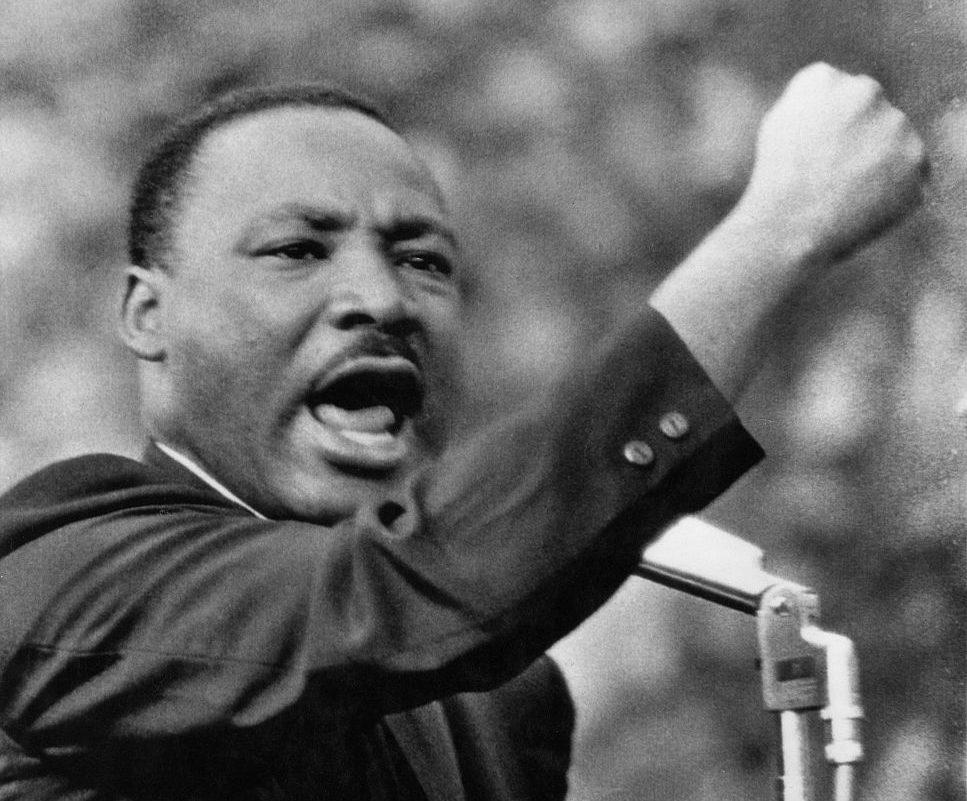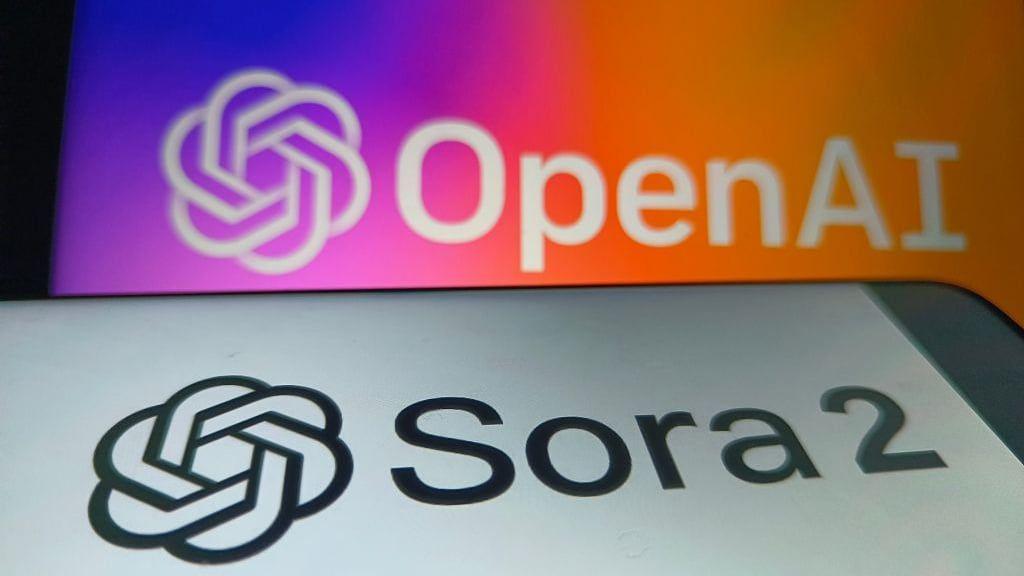OpenAI CEO Sam Altman Addresses Copyright Concerns and Proposes New Revenue Models for AI-Generated Art
2 Sources
2 Sources
[1]
OpenAI CEO Sam Altman replies to artists irate over their stolen work
In a TED talk last week, OpenAI CEO Sam Altman said that a revenue model that compensates artists for the use of copyrighted material would be "cool." As fun as Studio Ghibli-style image creation might be on the surface, OpenAI has already taken heat -- legal and otherwise -- for accusations that its AI models are trained on intellectual property. Probably the biggest example of its copyright troubles comes courtesy of the New York Times, which, as recently as March, moved forward its lawsuit against the AI titan alleging it scraped the publication's content without permission. OpenAI's CEO, Sam Altman, for what it's worth, is aware that ChatGPT has a habit of (ahem) borrowing content, and during a recent TED talk, he responded to creatives who find their work caught in the chatbot's net. In a discussion with the head of TED Chris Anderson, last week, Altman was pressed about ChatGPT's relationship with copyrighted material, in particular its responsibility in crediting the images, video, and writing generated by its algorithm. "It's definitely a change, and I have a lot of empathy for people who wish this change wasn't happening," Altman told Anderson. "If you're a musician and you spend your whole life listening to music and you get an idea and go compose a song that's inspired by what you've heard but in a new direction it'd be very hard to say like 'this much is from this song I heard when I was 11 and this much is from that.'" With that caveat, Altman went on to say that, theoretically, a model that gives creators and artists a share of that revenue for creating AI art in their style would be "cool" but didn't offer much more on whether OpenAI would ever implement such a model. "I think it would be cool to figure out a new model where if you say you want to do it in the name of this artist and you opt in, there's a revenue model," Altman said. The exchange between Altman and Anderson highlights an ongoing struggle between artists and generative AI that might only become more fraught as companies push their models further into creative fields. Recently, OpenAI launched an image-generation model that seemed to borrow heavily from the popular animation style of Studio Ghibli, and while the influence is clear from a visual standpoint, proving that OpenAI's model is trained specifically on certain intellectual property can be a trickier subject. OpenAI has been furtive about the data sets that its models are trained on, and for good reason -- pressure has been heating up from creatives in Hollywood and beyond. Just last month, hundreds of artists, including Paul McCartney, Ben Stiller, and Mark Ruffalo, signed an open letter urging regulators to take action and provide legal protection against companies using copyrighted material to train algorithms and generate content. "We firmly believe that America's global AI leadership must not come at the expense of our essential creative industries," states the letter. "AI companies are asking to undermine this economic and cultural strength by weakening copyright protections for the films, television series, artworks, writing, music and voices used to train AI models at the core of multibillion-dollar corporate valuations." Whether that will actually result in any legislation remains to be seen, but the sentiments from creatives toward AI are clear, and Altman may have to end up playing ball. Ultimately, OpenAI will have to convince the very people who are pushing for protection against its algorithms that AI is worth using in the first place
[2]
OpenAI's Sam Altman calls for new revenue sharing models in GenAI age
OpenAI CEO Sam Altman addressed copyright concerns around its Ghibli-style image generator, clarifying it avoids replicating living artists' work. He emphasised the need for new revenue-sharing models to support creators in the AI era, calling for a balance between artistic inspiration, consent, and fair compensation as generative tools reshape creative industries.OpenAI CEO Sam Altman addressed longstanding concerns around intellectual property (IP) theft and copyright issues tied to the company's new Ghibli-style image-generation feature. Altman made it clear that the tool will not generate images in the style of living artists, but it can emulate the visual aesthetics associated with certain studios. "Throughout history, we've continually put more powerful technology in the hands of creators, leading to better and more innovative creative output," Altman said. Sharing the stage with TED curator Chris Anderson, Altman acknowledged the uncertain line between inspiration and imitation as AI models train on existing works. "I believe the creative spirit of humanity is incredibly important. We want to build tools that elevate that spirit -- tools that help people create better art, richer content, and more compelling novels that we can all enjoy. I deeply believe humans will remain at the centre of it all," Altman said. Revenue-sharing models Discussing the future of creativity in the age of generative AI, he called for a fundamental rethink of how artists, writers, and creators are compensated as AI tools rapidly reshape content creation. "I believe we need to develop a new model for the economics of creative output. People have long built on the creativity of others and drawn inspiration from it. As access to creativity becomes increasingly democratised and people build off each other's ideas, I believe there are exciting new business models to explore," he said. Altman suggested that revenue-sharing models may be key to navigating the ethical and legal landscape of generative AI. "The real challenge is determining where that line should be and how we define what's too much. We've already addressed similar issues with copyright law and fair use, but in the world of AI, a new model will need to be figured out," he added. Consent factor Altman highlighted the complexity of drawing the line between legitimate inspiration and exploitation -- especially when artists haven't consented to having their style used in AI-generated outputs. "Clearly there's some cut and dry stuff. If you want to generate art in the style of, say, seven people, all of whom have consented, how do you divvy up how much money goes to each one? These are like big questions," Altman said. Recently, Altman called ChatGPT-generated Ghibli-style art a "net win for society", adding that the widespread ability to create content is a major positive development, despite the complexities involved. His comments come amid renewed controversy over AI-generated artwork, sparked by the viral "Ghibli AI" trend on social media. The trend features Ghibli-style renditions of iconic film moments, memes, and even artistic interpretations of breaking news -- all of which have raised serious copyright concerns.
Share
Share
Copy Link
Sam Altman, CEO of OpenAI, discusses the challenges of copyright and compensation in AI-generated art, proposing new revenue-sharing models and emphasizing the need for balance between innovation and fair compensation for artists.

OpenAI's Ghibli-Style Image Generator Sparks Copyright Debate
OpenAI's recent launch of a Ghibli-style image generation model has reignited the ongoing debate about copyright and intellectual property in the age of artificial intelligence. The company's CEO, Sam Altman, addressed these concerns during a TED talk last week, acknowledging the complex relationship between AI-generated content and copyrighted material
1
.Altman's Stance on Copyright and AI
During his discussion with TED curator Chris Anderson, Altman emphasized that OpenAI's new tool will not generate images in the style of living artists. However, he admitted that the line between inspiration and imitation can be blurry when AI models are trained on existing works
2
.Altman stated, "If you're a musician and you spend your whole life listening to music and you get an idea and go compose a song that's inspired by what you've heard but in a new direction, it'd be very hard to say like 'this much is from this song I heard when I was 11 and this much is from that.'"
1
Proposed Revenue-Sharing Models
In response to the growing concerns from artists and creators, Altman suggested the development of new revenue-sharing models. He proposed a system where artists could opt-in to have their style used in AI-generated art, with a corresponding revenue model
1
."I think it would be cool to figure out a new model where if you say you want to do it in the name of this artist and you opt in, there's a revenue model," Altman said
1
.Industry Pushback and Legal Challenges
The AI industry is facing increasing pressure from creative professionals. Hundreds of artists, including Paul McCartney, Ben Stiller, and Mark Ruffalo, recently signed an open letter urging regulators to provide legal protection against companies using copyrighted material to train AI algorithms
1
.OpenAI is already embroiled in a lawsuit with the New York Times, which alleges that the company scraped its content without permission
1
. These legal challenges highlight the growing tension between AI companies and content creators.Related Stories
Balancing Innovation and Fair Compensation
Altman emphasized the need to strike a balance between fostering innovation and ensuring fair compensation for creators. He stated, "Throughout history, we've continually put more powerful technology in the hands of creators, leading to better and more innovative creative output."
2
However, he also acknowledged the importance of consent and fair compensation, calling for a fundamental rethink of how artists, writers, and creators are compensated in the age of generative AI
2
.The Future of Creativity in the AI Era
Despite the challenges, Altman remains optimistic about the future of creativity in the AI era. He believes that humans will remain at the center of creative endeavors, with AI tools serving to elevate and enhance human creativity
2
.As the debate continues, it's clear that the AI industry, regulators, and creative professionals will need to work together to develop new frameworks that protect intellectual property while fostering innovation in the rapidly evolving landscape of AI-generated content.
References
Summarized by
Navi
Related Stories
Studio Ghibli's Artistic Legacy Faces AI Challenge: Copyright and Creativity in the Digital Age
02 Apr 2025•Technology

Studio Ghibli and Japanese Publishers Challenge OpenAI Over Unauthorized AI Training
03 Nov 2025•Policy and Regulation

OpenAI's Sora Faces Backlash Over Celebrity Deepfakes and Historical Figure Depictions
17 Oct 2025•Technology

Recent Highlights
1
Google Gemini 3.1 Pro doubles reasoning score, beats rivals in key AI benchmarks
Technology

2
Meta strikes up to $100 billion AI chips deal with AMD, could acquire 10% stake in chipmaker
Technology

3
Pentagon threatens Anthropic with supply chain risk label over AI safeguards for military use
Policy and Regulation





